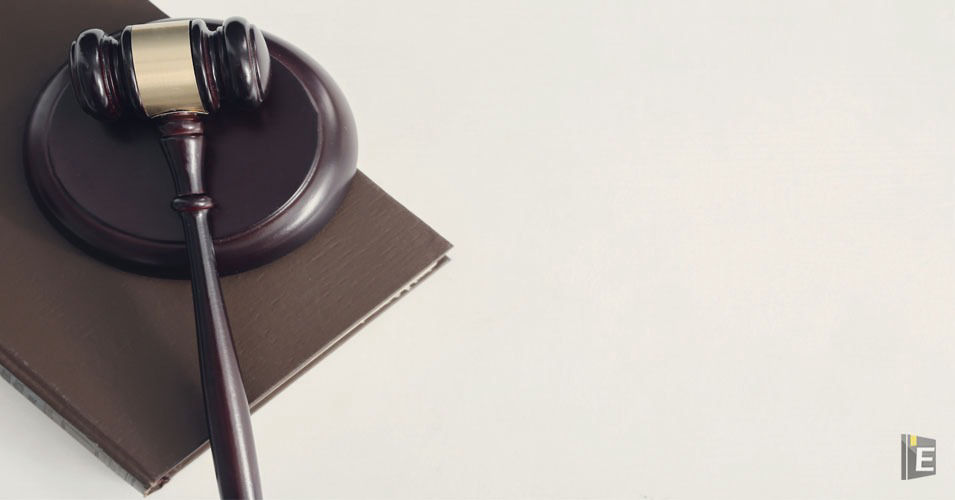Indian Polity and Constitution GK Questions

Being acquainted with the Important Indian Polity and Constitution GK Questions is incredibly important for the overall knowledge of candidates and also from the purpose of view of competitive examination. Important Indian Polity and Constitution GK Questions are often included under competitive exams, Indian citizenship, fundamental rights, principles, judiciary, election system, etc.
Indian Constitution GK
So, here are all those Indian Polities and Constitution GK Questions and Answers that are helpful for the candidates to hide all the competitive exams. you'll be able to easily get a more robust rank and increase your performance level with Important Indian Polity and Constitution GK Questions.
Students can quickly get free General Knowledge Mock Test and Current Affairs Mock Test on this platform for online exam practice to obtain good marks in the competitive exams.
Constitution GK Questions
Q : Which rule has been provided in Article 17 of the Indian Constitution?
(A) Equality before law
(B) Equality of opportunity in matters of government employment
(C) Abolition of titles
(D) Eradication of untouchability
Correct Answer : D
Explanation :
Article 17 of the Indian Constitution states that “Untouchability” is abolished and its practice in any form is forbidden. The enforcement of any disability arising out of “Untouchability” shall be an offence punishable in accordance with the law.
106th Constitutional Amendment and 111th Constitutional Amendment respectively are related to?
(A) Panchayat, Co-operative Society
(B) Co-operative society, Panchayat
(C) Panchayat, Panchayat
(D) Co-operative Society
Correct Answer : D
Explanation :
Constitution (106th Amendment) Act 2023, Protection of Children from Sexual Offenses (POCSO) Act, Internal Complaint Committees to Prevent Sexual Harassment at Workplace, Rajya Sabha, Bureau of Police Research and Development (BPR&D), National Crime Records Bureau, Women at Workplace Sexual Harassment (Prevention, Prohibition and Redressal) Act.
Which amendment of the constitution was offered full statehood to Arunachal Pradesh?
(A) 55th
(B) 16th
(C) 44tnh
(D) 65th
Correct Answer : A
Explanation :
Arunachal Pradesh was made a full-fledged state by 55th Constitutional Amendment Act. It grants Statehood to Arunachal Pradesh which consequently became the 24th State of the Indian Union.
Right to privacy comes under the?
(A) Article 19
(B) Article 20
(C) Article 21
(D) Article 18
Correct Answer : C
Explanation :
The right to privacy is protected as an intrinsic part of the right to life and personal liberty under Article 21 and as a part of the freedoms guaranteed by Part III of the Constitution.
Right to constitutional remedies comes under the?
(A) Legal Right
(B) Fundamental Rights
(C) Human Rights
(D) Natural Right
Correct Answer : B
Explanation :
This right comes under article 32 for Supreme court an article 226 for the high court. It is known as the right to constitutional remedies. In this right, the Supreme court, as well as high court, is given the power to instill the fundamental rights.
Who has the right to seek advice from the Supreme Court for any law?
(A) President
(B) Prime Minister
(C) both of the above
(D) none of these
Correct Answer : A
Explanation :
Article 143 of the Indian Constitution empowered the Supreme Court with advisory jurisdiction. As per this, even the President can seek Supreme Court's advice over any issue of law or public importance.
A result of the reorganization, what was the number of members of the Constituent Assembly in the year 1947?
(A) 450
(B) 572
(C) 299
(D) 272
Correct Answer : C
Explanation :
New elections were held for the West Punjab and East Bengal (which became part of Pakistan, although East Bengal later seceded to become Bangladesh); the membership of the Constituent Assembly was 299 after the reorganization, and it met on 31 December 1947.
Who prorogues both the houses of the Parliament?
(A) Prime Minister
(B) Vice President
(C) President
(D) Lok Sabha
Correct Answer : C
Explanation :
Under Article 85(2) of the Constitution, the President may from time to time prorogue Houses or either House of Parliament. Termination of a session of the House by an Order by the President under the above constitutional provision is called 'prorogation'.
In whom are the residuary powers of legislation vested under the Indian Constitution?
(A) President
(B) Prime Minister
(C) Parliament
(D) State
Correct Answer : C
Explanation :
Article 248 vests the residuary powers in the parliament. It says that Parliament has exclusive power to make any law with respect to any matter not enumerated in the Concurrent List or the State List.
Which institution has the final authority to interpret the Constitution of India?
(A) Parliament
(B) Supreme Court of India
(C) President
(D) Attorney General of India
Correct Answer : B
Explanation :
The Supreme Court is the final authority for the interpretation of the Constitution.



